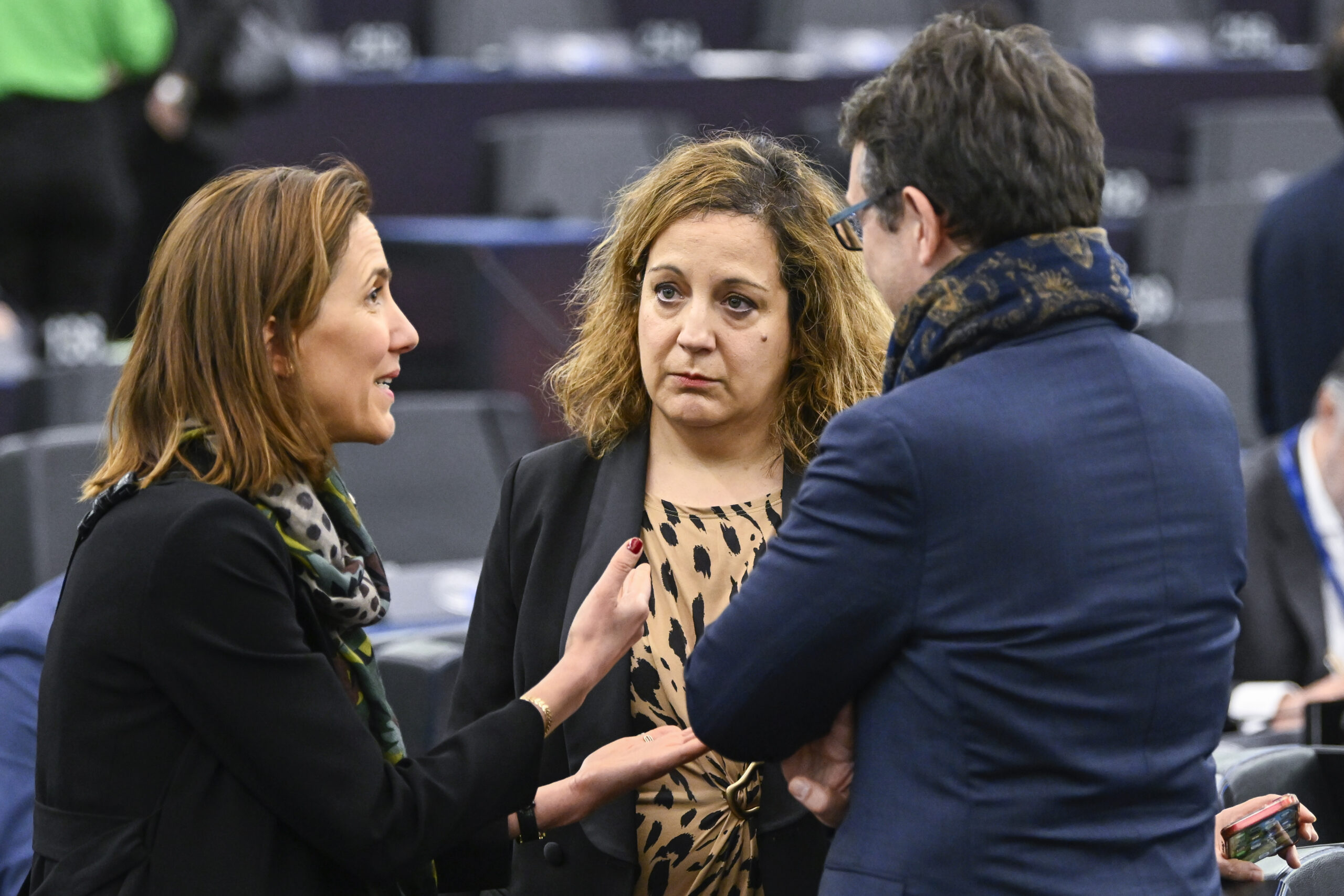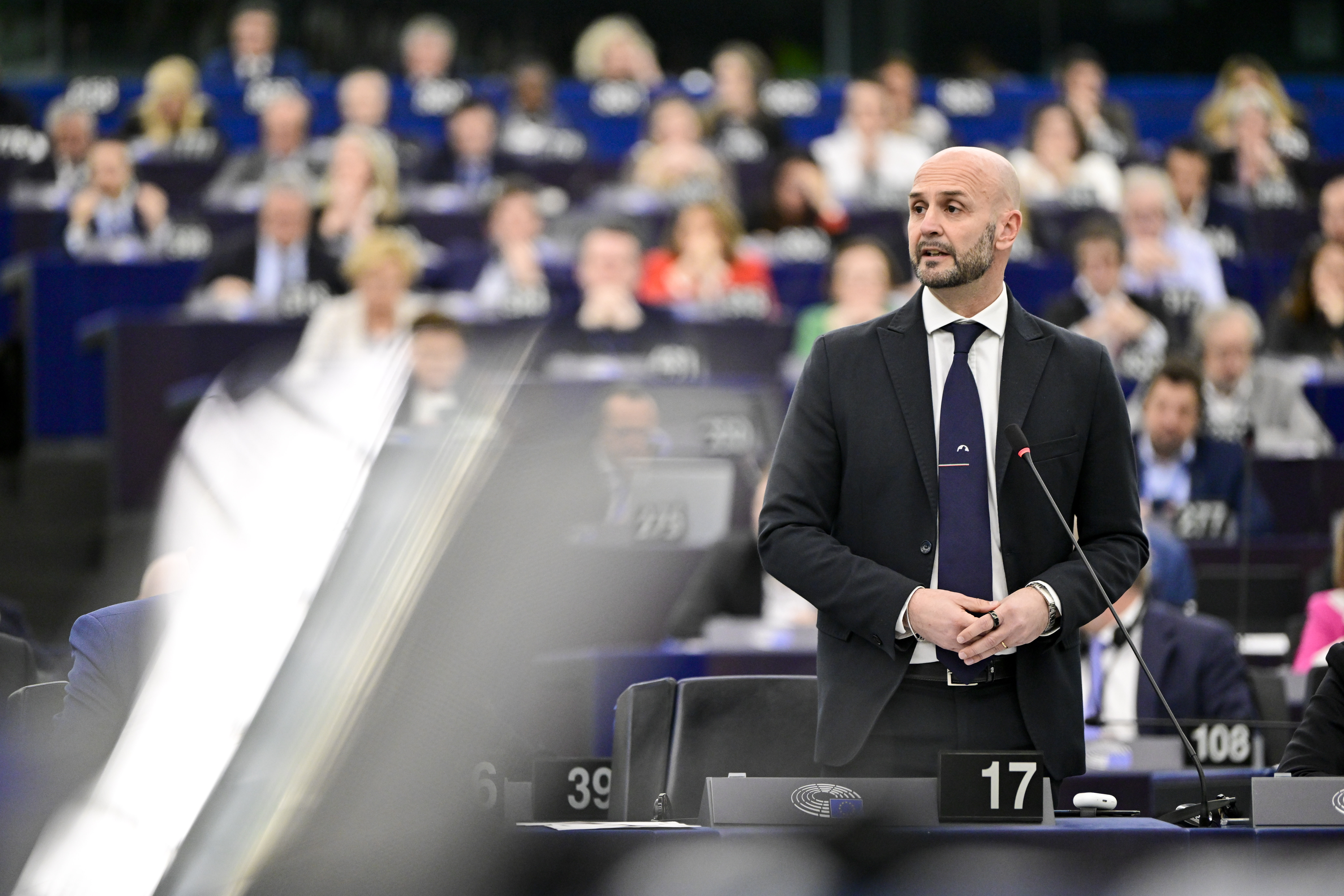Brussels – The European Parliament approved the urgent procedure to express itself on postponing the implementation of two critical directives related to the Green Deal, those on social and environmental reporting requirements (CSRD) and corporate sustainability supervision (CSDD). The vote the day after tomorrow (April 3) promises to be decisive for the balance in the Strasbourg Chamber: with 48 hours to go, there is no agreement between the formations at the center of the political spectrum, the Populars (EPP), Socialists (S&D), and Liberals (Renew).
The pro-European majority already split over the use of the urgency procedure proposed by the EPP and approved today (April 1) with 427 votes in favor, 221 against, and 14 abstentions. The EPP and Renew aligned with the right wing (ECR, Patriots, and Sovereignists), while the S&D and the Greens with the European Left. Numbers in hand, the result was overwhelming. In fact, except for The Left, in principle, Socialists and Greens could have supported the fast-track vote on the proposal put forward by the European Commission as part of the Omnibus I simplification package, which includes postponing social and environmental impact monitoring and mitigation requirements for European companies by one year (from 2027 to 2028) and social and environmental reporting standards by two years (from 2025 to 2027).
However, provided they agreed with the populars on some guarantees on the substantive integrity of the directives, whose implementation Brussels not only wants to postpone but also water down the content and corporate requirements.
Before today’s vote came the surprise announcement by the S&D group’s president, Iratxe Garcia Perez: “We will vote against it because we have not been able to find an agreement among the pro-European majority in this Assembly,” she told reporters. The Socialist leader explained that despite negotiations that have been going on for weeks “on the whole (Omnibus) package, currently, we do not have an agreement on a formal and structured cooperation between the four pro-European groups (EPP, S&D, Renew, and Greens, Ed.).” The stance of the S&D is to “find the best possible solution to simplify bureaucracy,” Garcia Perez pointed out. “We want to help our companies comply with European legislation, and we firmly believe there is ample room for negotiation to achieve this simplification.”

According to the Socialists, the accelerated procedure loses meaning since, so far, negotiations have failed, and further talks are needed. Renew’s group leader, Valerie Hayer, thinks otherwise, confident that the “discussions we are having right now with the pro-European groups will be finalized by Thursday.” The Liberals supported using the urgency procedure “to send a signal to businesses,” Hayer said. The signal is also political because Renew did not hesitate and sided with the right and far-right groups in the European Parliament. The Liberal leader stressed that “the real vote is on Thursday. We will use the hours ahead to find a compromise and make sure that all European groups are on board.”
In addition to the Socialists, the Greens, who voted compactly against the urgency procedure despite a “spirit open to compromise,” as Hayer noted, should also be pulled on board. In reality, backed by the liberals and protected by the conservatives, patriots, and sovereignists, the Populars can call the shots. They are unlikely to give up on substantially changing the directives, approved after exhausting negotiations among the EU co-legislators at the end of the last legislature. The EPP has repeatedly reiterated that postponing the regulations is just “the first step.”

ECR co-president Fratelli d’Italia’s Nicola Procaccini also spoke of “another step” but “toward the demolition of the socialist framework of the Green Deal that the left sought in the last legislature and that came out defeated in today’s vote.”
It was a victory for the ECR, which last night in the Environment Committee (ENVI) saw rejected – along with the EPP – a motion to cut funding to the multi-year LIFE program, the EU’s financial instrument for environmental and climate action. The right-wing axis, which is now compact in fighting the Green Deal, has been claiming for months — based on largely unsubstantiated allegations — that the European Commission allegedly handsomely paid several environmental NGOs to lobby the European Parliament. In the ENVI committee, however, the liberals sided with the progressive front and three free-shooters from the EPP. The motion was defeated by just one vote, proving how crucial the stance of Reneww and the compactness of the EPP are.
English version by the Translation Service of Withub






